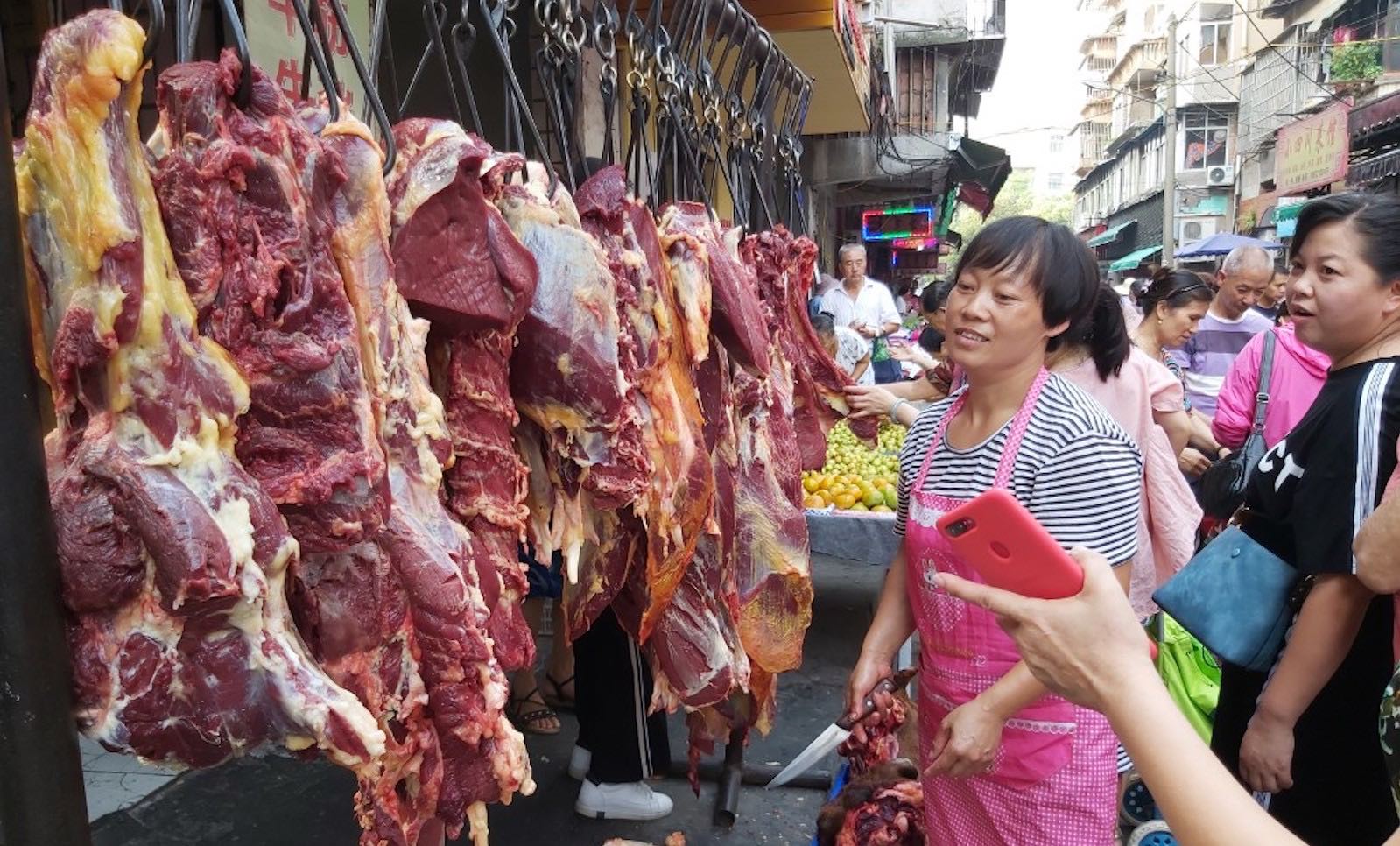(ATF) The milder mutations of African Swine Fever virus (ASFv) going around in China as detected by scientists from the Harbin Veterinary Research Institute earlier this week, has turned into an outbreak of African swine fever, the Ministry of Agriculture and Rural Affairs said in a statement on Saturday.
Confirming the outbreak, the ministry said cases were detected in its key pork producing provinces, the Aba prefecture in the southwestern province of Sichuan, and the city of Xiangyang in the central province of Hubei.
The outbreak killed 38 pigs on a farm of 127 hogs in Sichuan, China’s largest producing province. In Hubei, the disease was detected on a truck of piglets being transported illegally from another province. Of 165 piglets, 10 were infected, and five had died.
China is the world’s top pork producer and consumer. A large outbreak of African swine fever wiped out about half of the country’s herd in 2019, a year after it reached the country.
Milder outbreak earlier
China also reported an outbreak earlier this week in the southwestern province of Yunnan.
But according to Harbin scientist, that was of lower virulent natural mutants which brought greater difficulty to the early diagnosis of ASF and created new challenges for ASFv control.
“Considering the huge population of pigs in China and an endemic period of more than 2 years, it is not surprising to find complex genetic diversity among the field ASFvs in China,” the scientists said in a report.
The conclusion was based on a surveillance in 7 Chinese provinces from June to December 2020, that took 3,660 samples from farms, slaughterhouses and disposal plants in Hebei, Heilongjiang, Hubei, Inner Mongolia, Jilin, Liaoning and Shanxi provinces. They isolated and characterised 22 viruses belonging to the genotype II ASFv.
All 22 had mutations, deletions or replacements in comparison to “HLJ/18”, the earliest isolate in China.
The researchers added that no commercial vaccines are available for ASFv, therefore, control of the disease relies on the rapid diagnosis and culling of infected animals.
“The emergence of the non-HAD mutants will cause more problems and pose bigger challenge for the ASF control in China since they cause a much more delayed course, and mild, chronic disease signs, while being continuously shed via the oral and rectal routes,” the researchers said in their report.
With reporting by Reuters.
READ MORE:
Huawei to use AI and high-tech to create ‘smart pig farming’
























